ISO Standards Implementation
What Are ISO Standards?
ISO (International Organization for Standardization) standards are internationally recognized guidelines that define best practices in areas such as quality management, information security, business continuity, and more.
ISO certification confirms that an organization operates according to globally accepted standards, building trust among clients, partners, and institutions.
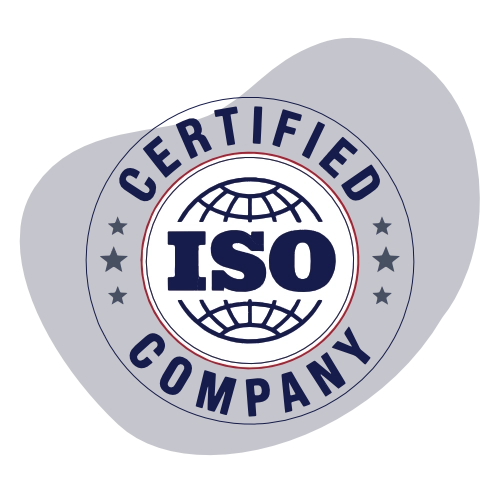
Which ISO Standards Should You Choose and in Which Industries Are They Essential?
ISO/IEC 27001
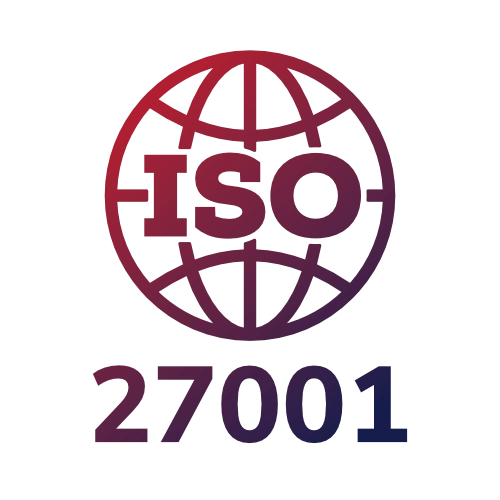
The international standard for information security management. It helps protect corporate, client, and employee data from breaches and unauthorized access.
Our experts assess your current procedures and prepare your company for the certification audit, proving your organization’s information security readiness.
Industries: IT, fintech, public administration, healthcare, e-commerce
ISO/IEC 27017

An extension of ISO 27001 focused on cloud services security. It defines best practices for both cloud service providers and users – covering access management, data encryption, and virtual environment protection.
Particularly relevant for SaaS, IaaS, and PaaS environments.
Industries: Cloud providers, SaaS, DevOps
ISO 22301
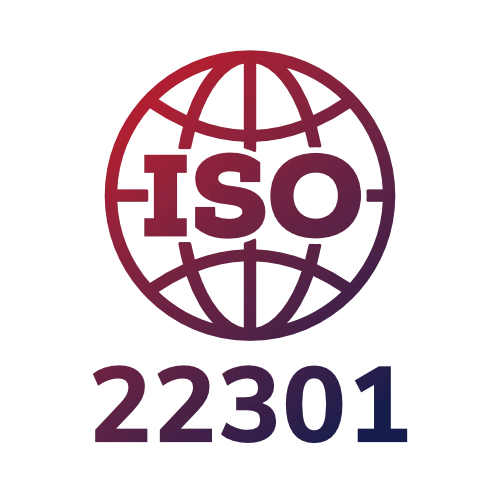
The standard for business continuity management systems. It helps identify risks, assess their impact, and implement effective continuity plans to ensure business operations even during crises or outages.
Industries: Finance, manufacturing, logistics, public administration
ISO 9001
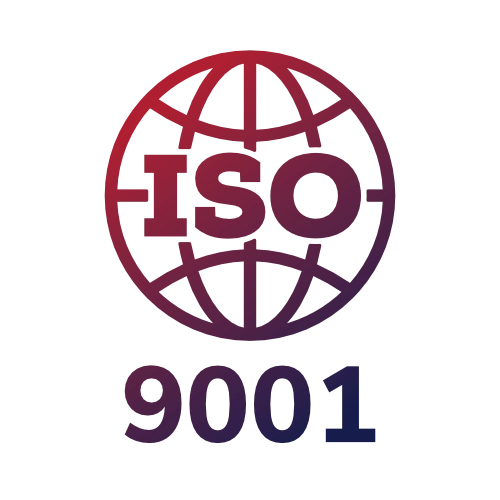
The world’s most widely used quality management standard. It helps structure processes, increase efficiency, and better address customer needs.
ISO 9001 certification builds credibility and opens the door to collaboration with large institutions.
Industries: Manufacturing, services, logistics, construction, education
ISO/IEC 42001
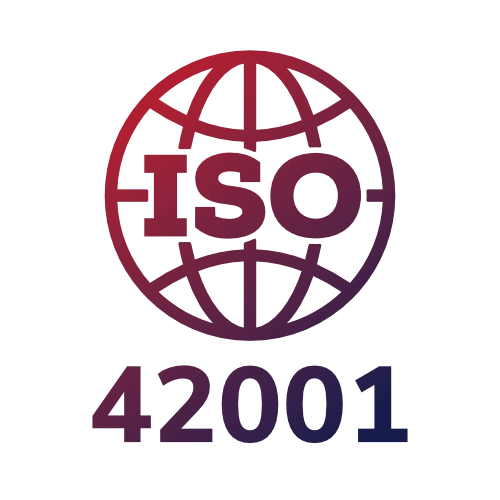
A new international standard for managing AI systems, focusing on safety, transparency, and ethical implementation. It sets requirements for responsible design, deployment, and monitoring of AI-based solutions, helping reduce technological risks and meet growing regulatory demands.
Industries: AI/ML, tech companies, data science, R&D
ISO 31000
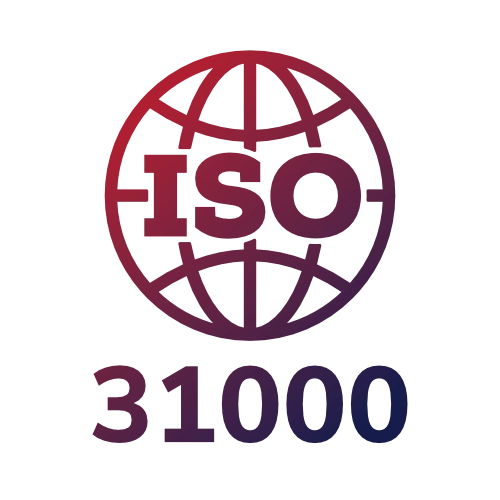
A standard for enterprise risk management that helps organizations identify, analyze, and respond to threats. It supports better decision-making, strengthens resilience, and reduces business losses.
It’s universal and applicable across all sectors and organization sizes.
Industries: Industry, banking, public sector, insurance
Benefits of ISO Implementation
Enhanced data and process security
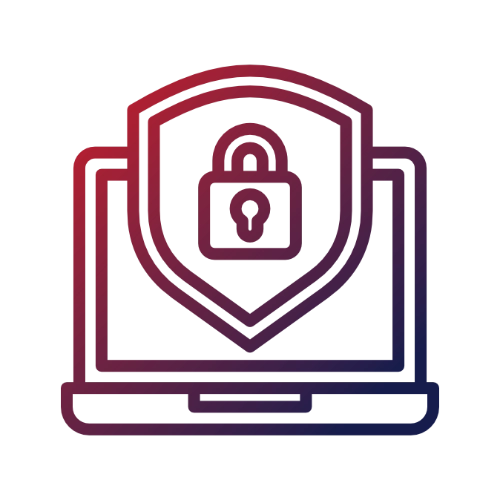
ISO 27001 and ISO 22301 protect your business from cyberattacks, system failures, and other disruptions.
Improved process organization
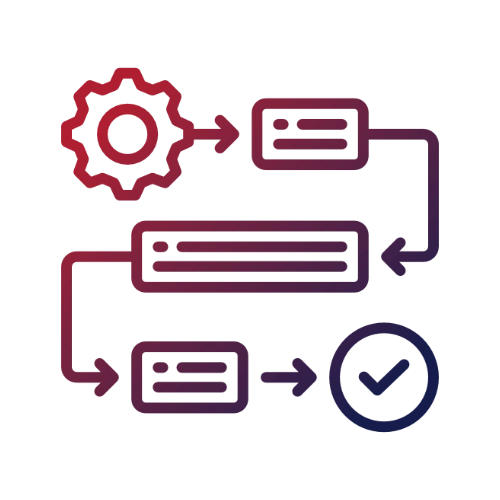
ISO standards bring consistency and structure to internal operations.
Increased competitiveness

ISO certificates give you an edge in tenders and RFPs.
Greater trust from clients and partners

ISO certification is proof your company follows international standards.
Preparedness for crisis situations

Ensures continuity of operations during disruptions.
ISO Implementation Process
ISO 27001 or ISO 22301 helps protect your business from cyberattacks, failures, and other threats that impact your organization’s operations.
Contact us
and learn more
FAQ – Frequently Asked Questions
Is ISO certification mandatory?
Not always. However, in many public tenders, EU projects, or partnerships with large enterprises, ISO certification is often required.
How long does ISO implementation take?
Anywhere from a few weeks to a few months – depending on your organization’s complexity and the scope of the chosen standard.
Do I need to hire a full-time ISO officer?
No. You can rely on our external support. We provide complete guidance without the need for a new internal position.
Can I implement multiple ISO standards at once?
Yes. Many organizations implement combined systems – for example, ISO 27001 with ISO 9001 or ISO 22301 – creating an integrated management system.
How long is the ISO certificate valid?
ISO certificates are valid for 3 years, with annual surveillance audits required.
Request a Quote
Contact details









